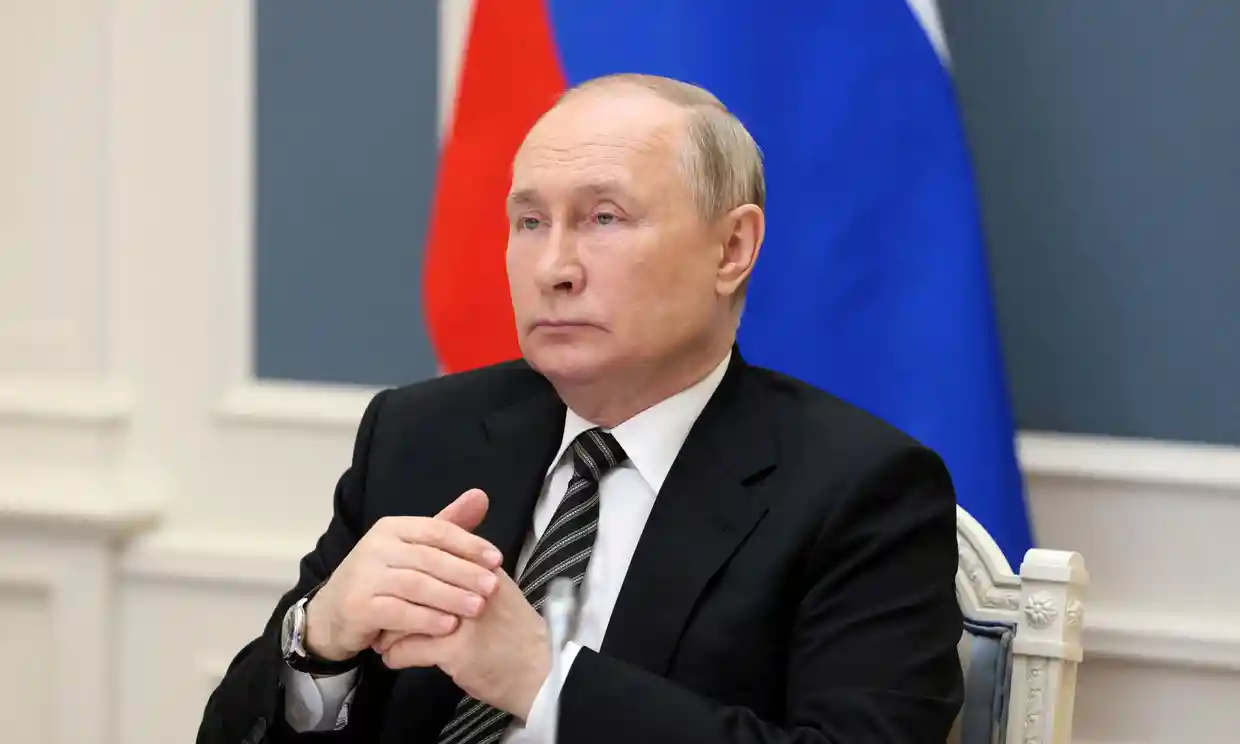The leaders of the European Union were able to work together on a plan that would allow them to ban some Russian oil, however, there are still discussions about how gas should be handled. To discourage Putin from attacking Ukrainian territory, the EU agreed to a ban on purchasing seaborne oil and petroleum products from Russia. Pipeline crude, on the other hand, was given an exemption for now.
Czech Prime Minister Petr Fiala says, “Yesterday, the EU proved its unity in the face of Russian aggression.” Talks went faster than expected which is sending a strong message to Putin. Russian gas supplies are a problem because it is harder to replace those gases when they’re low. So, the EU needs to find alternative sources of gas supply and put more pressure on negotiations Wednesday. The EU members are split on whether to include oil sanctions in the next package. Poland and the bloc’s Baltic members argue that it needs to be, as it’ll do little good without also including gas, but some members see quick action as unlikely. “A gas embargo is way more complicated,” Belgian Prime Minister Alexander De Croo said in response to a proposed natural gas package with Russia.
Micheal Martin called the late-night agreement a watershed moment for the EU’s dependence on Russian energy. European Union nations such as Slovenia and Estonia believe it will be difficult to find an agreement about gas, but Kaja Kallas is still an advocate for stricter measures against Putin. Kallas knows that they’re unlikely to find gas in the seventh package, but he’s still optimistic. The European Council President tweeted that a sixth package envisions cutting imports from Russia, which finances their war machine. Once finalized, the proposal would ban crude oil in six months and refined petroleum in eight.
Druzhba pipeline to central Europe will be spared until a technical solution is found. The Hungarian Prime Minister Viktor Orban had blocked an embargo on the country because he feared what would happen if their supply was disrupted. Budapest received assurances from EU leaders, however, that they would be able to get replacement supplies if their pipelines were disrupted. Prices for oil have been rising for the last few months, and it is two-month high following news of increased demand.
The current pipeline deliveries are mostly heading to Germany and Poland. These two countries have signaled they would wean themselves off of Russian supplies regardless of any EU action. Fritz committed to writing to these pledges on Monday, one of the people said. With both following through, the total effect combined with the seaborne embargo would be to cut 90% of Russian crude oil sales to the EU by December. Blare says that if a ban is enforced, it would cost Putin about $10 billion dollars in lost oil revenue each year. Russia already sells its crude at a discount to Asian countries such as China and Japan, where they currently sell their crude at prices ~$34 cheaper than Brent futures on the global market. Russia contributes to 1/3 of Europe’s energy imports, but they are expecting $270 billion in exports this year. They exported 720K barrels a day of crude to European refineries via their main pipeline to the region last year, while exporting over 1.6 million barrels a day from its Baltic, Black Sea, and Arctic ports. Sberbank is currently on an international payments system, which has just cut them off from 3 other Russian banks.
“A total of 46 Russian military personnel and 11 companies have been identified as being under sanctions for their role in arming the Russian troops.”





